
Call for Entries: Teaching Experience and Pedagogy
The SCWH Outreach & Membership Committee and Muster Blog are soliciting pedagogy focused entries for the Muster Blog. Have an innovative lesson plan, an engaging student activity, or even just a unique primary source that you want to share with fellow SCWH members? We want to see them! We are ...
Read More
Read More
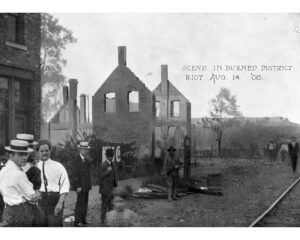
The Past That Persists: The Springfield 1908 Race Riot National Monument Designation
On August 16, 2024, in the presence of civil rights leaders, community members, and elected officials, President Biden used his authority under the Antiquities Act to designate the Springfield 1908 Race Riot National Monument. The designation was made during the 116th anniversary of the racist riots in Springfield, IL that resulted in ...
Read More
Read More

Joining Forces: Seven Take-Aways from a Biennial Meeting Roundtable
Many of us love the idea of close cooperation with the National Park Service (NPS), and of forging ties between academics and public-facing historians more generally, but we are not always sure how to put those ideas and intentions into tangible, sustainable practice. At the Society of Civil War History’s ...
Read More
Read More
Previewing the June 2022 JCWE Issue
This issue exhibits historians’ continuing efforts to grapple with the complexities of the Civil War Era, emphasizing how our collective understanding of the period has been produced, which topics have been neglected or marginalized, and why. Ryan Hall’s article, “Chaos and Conquest: The Civil War and Indigenous Crisis on the ...
Read More
Read More
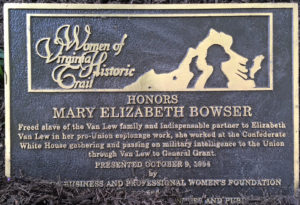
Jousting with History-on-a-stick: Centering African American Women in Civil War Public History
In April 2021, Governor Ralph Northam announced that Virginia would add five new markers focused on African American history to its state historical marker program. Playfully referred to as "history-on-a-stick," historical markers are intended to inform passersby about a significant person, place, or event. As useful as they might be ...
Read More
Read More

Extending the Civil War Day of Action
I had conflicted feelings when the controversy over the Confederate battle flag and statues commemorating Confederate traitors recently flared up once again. On the one hand, I was ecstatic this summer when I saw the spontaneous, collective work of art that activists created on the base of Robert E. Lee’s ...
Read More
Read More
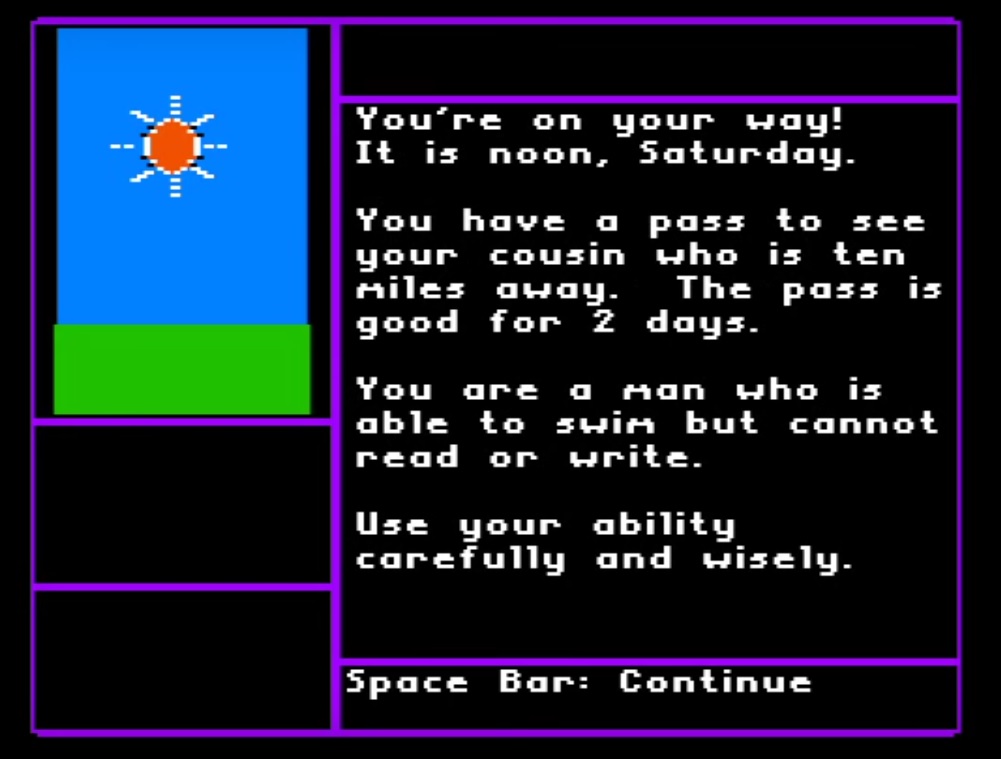
Interpreting Slavery Through Video Games: The Story of Freedom!
As a child of the 1990s, some of my earliest memories revolve around playing PC video games. Whether connecting to the dial-up modem to play a racing game with my grandfather or walking with my classmates to the school computer lab, video games sparked my curiosity and provided countless hours ...
Read More
Read More
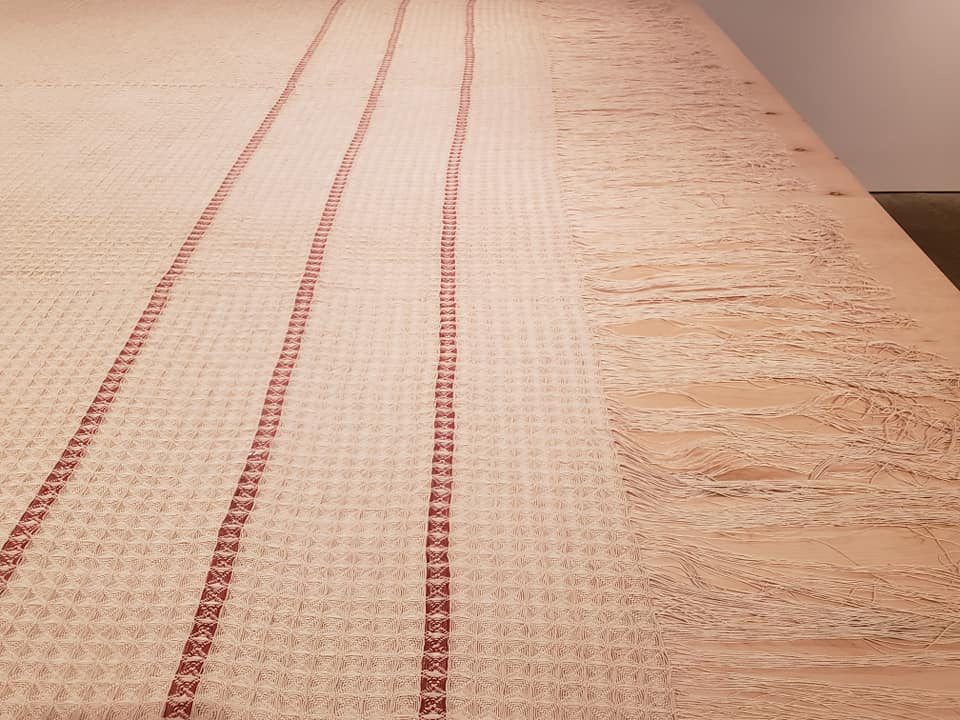
When Art and History Collide: Surrender, Civil War Memory, and Public Engagement
From late March to August 2019, the Fabric Workshop and Museum in Philadelphia showcased the innovative work of Sonya Y. Clark. Known for “Unraveling,” an art piece consisting of a deconstructed Confederate battle flag, the Amherst College professor’s recent works have explored race, symbols and Confederacy, and the nation’s struggle ...
Read More
Read More
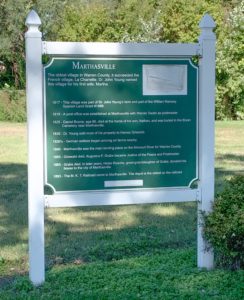
Removing Slavery from Westward Expansion: Two Case Studies of Public Memorials in Missouri
The town of Marthasville, Missouri, is located about forty-five miles west of St. Louis. The oldest town in Warren County, Marthasville today is a quiet place with fertile farmland, a lakeside resort, and numerous wineries. Although I have lived in Missouri most of my life, I had never been to ...
Read More
Read More
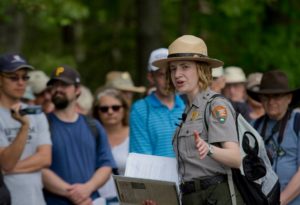
Freeman Tilden’s Interpreting Our Heritage and the Civil War Centennial
On March 30, 2019, a group of public historians will convene at the National Council on Public History’s Annual Meeting to discuss the interpreter Freeman Tilden’s 1957 publication, Interpreting Our Heritage. My fellow NPS colleague Allison Horrocks and I created this conference panel to discuss Tilden's ideas in historical context ...
Read More
Read More
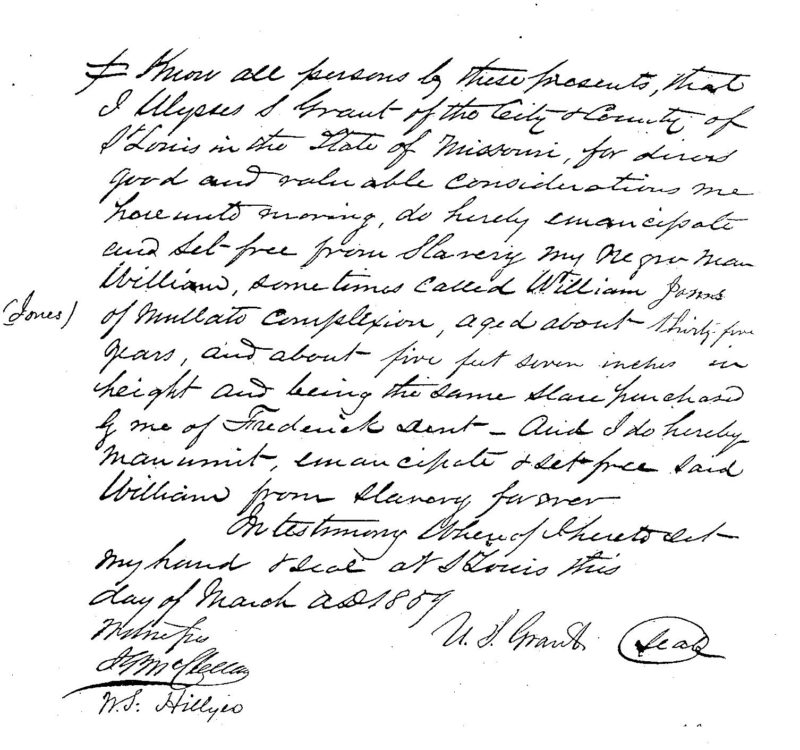
The Mystery of William Jones, An Enslaved Man Owned by Ulysses S. Grant
On March 29, 1859, Ulysses S. Grant went to the St. Louis Courthouse to attend to a pressing legal matter. That day Grant signed a manumission paper freeing William Jones, an enslaved African American man that he had previously acquired from his father-in-law, "Colonel" Frederick F. Dent. Described as being ...
Read More
Read More
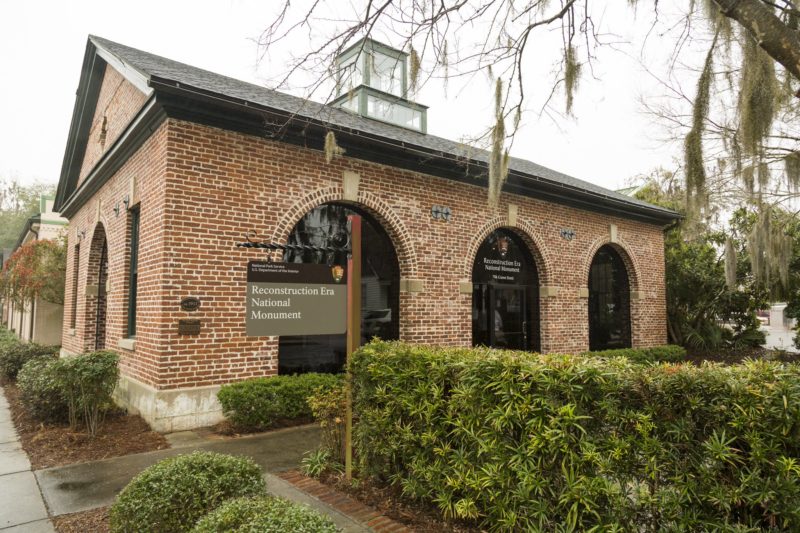
Every Social Media Manager a Historian: Reflections on Interpreting History Through NPS Social Media
In one of his final acts as President of the United States, Barack Obama utilized the power of the 1906 Antiquities Act to establish Reconstruction Era National Monument (REER) in Beaufort, South Carolina, as a unit of the National Park Service (NPS) on January 12, 2017. Like many historians of ...
Read More
Read More
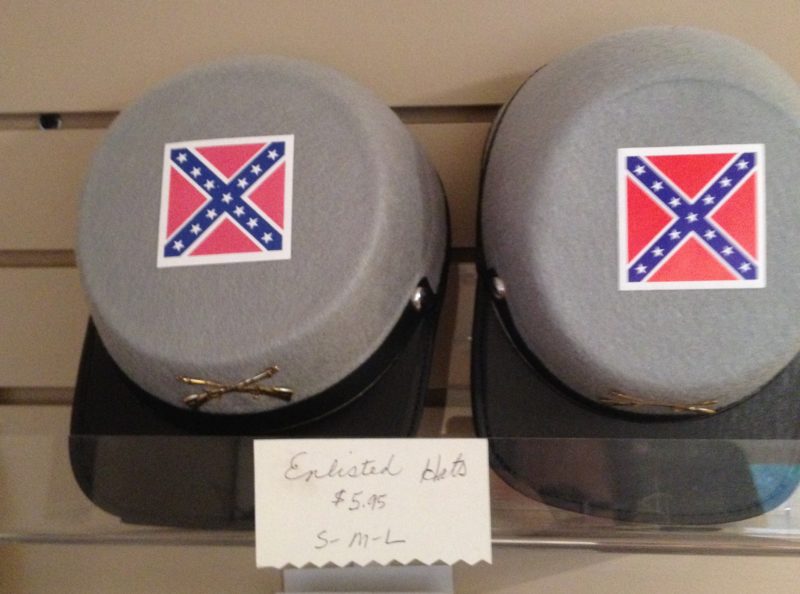
Exit Through the Gift Shop: Historical Memory and Gift Shops at Civil War Historic Sites
When I was a graduate student living in Indiana, I made a point of visiting historical sites connected to the Civil War throughout the state. One of my favorites was the General Lew Wallace Study & Museum in Crawfordsville. Situated in a quiet neighborhood in northwest Indiana, the site preserves ...
Read More
Read More
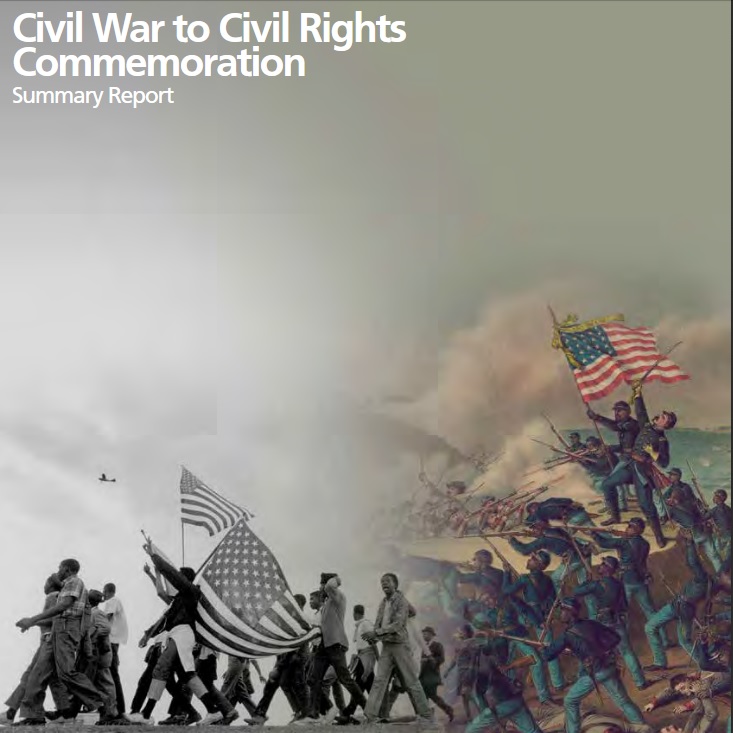
A Statistical Analysis of Visitation to National Park Service Civil War Sites During the Sesquicentennial
In early 2017, the National Park Service released an official report on its efforts to educate visitors about the American Civil War during its sesquicentennial anniversary (2011-2015). Plans to organize educational programming for the sesquicentennial started as early as 1998, when a group of Superintendents at NPS Civil War sites ...
Read More
Read More

Beauvoir, The Last Home of Jefferson Davis
The quote from George Orwell’s novel 1984, “who controls the present controls the past” is unfortunately especially poignant under the Trump administration.[1] The threats posed to education and Americans’ understanding of their own history, thanks to his endorsement of “alternative facts,” have already received widespread attention. Indeed, journalist David Graham ...
Read More
Read More
Author Interview: Nancy Bercaw
To coincide with our March 2017 special issue on Reconstruction, we interviewed Nancy Bercaw, curator of the Slavery and Freedom exhibit at the Smithsonian Museum of African American History and Culture. Dr. Bercaw contributed to our roundtable discussion on how Reconstruction is represented in public history contexts. In this interview ...
Read More
Read More
